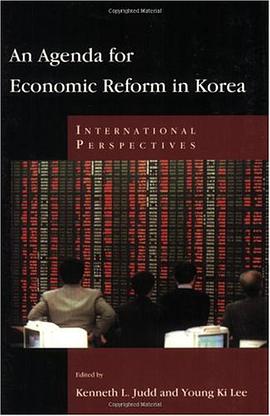

Kessler shows how political considerations distorted the liberalization process in Mexico, leading to inconsistent and unsustainable patterns of financial policy. Although market reform is promoted in developing countries to improve economic efficiency and stimulate growth, in Mexico financial liberalization provided rent-seeking opportunities for privileged groups and increased the states' ability to finance politically inspired obligations. The research examines four periods: the populist administrations of Echeverr?a and Lopez Portillo, during which the foundations of modern financial markets were paradoxically laid; the debt-crisis years of de la Madrid, who reversed his party's political strategy by favoring the business class with financial opportunities; the economic transformation undertaken by Carlos Salinas, who mixed genuine reform with destabilizing anti-market measures; and the political watershed of the Zedillo administration, whose unpopular bank rescue gave opposition parties unprecedented power within Mexico's policy making process. Kessler also provides a comparison of financial collapse in two other emerging markets, South Korea and Russia, and examines the political roots of crisis in both countries. He concludes by suggesting how greater attention to questions of power, social organization, and challenges to state authority can help the policy-making community avoid giving well-meaning advice that is unlikely to be implemented in a sustainable way.
具体描述
读后感
评分
评分
评分
评分
用户评价
相关图书
本站所有内容均为互联网搜索引擎提供的公开搜索信息,本站不存储任何数据与内容,任何内容与数据均与本站无关,如有需要请联系相关搜索引擎包括但不限于百度,google,bing,sogou 等
© 2025 book.wenda123.org All Rights Reserved. 图书目录大全 版权所有




















